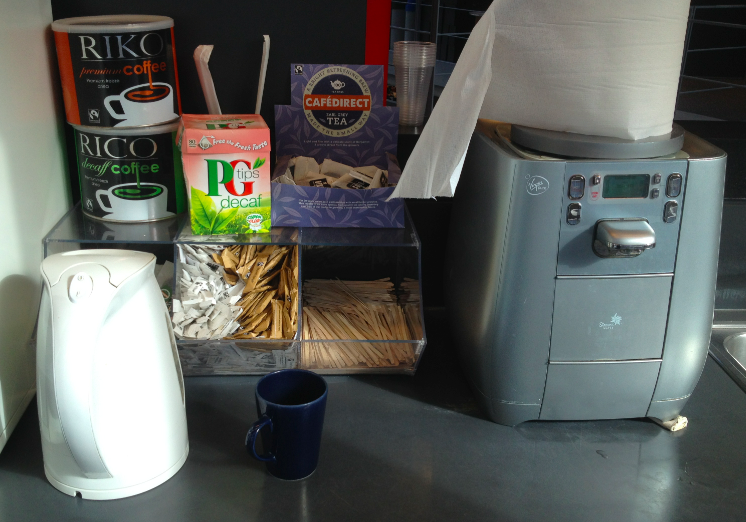I’ve started doing something recently that seems to be having an interesting effect on me. It’s something I’ve started to mention to other people and they seem to be intrigued by it.
What’s the thing?
I’ve started reading old newspapers and magazines. I don’t mean really old (years old), but weeks and occasionally months old.
Why am I doing this?
It’s partly that I no longer have the time to keep up with the daily deluge of newspapers. Reading one or two daily newspapers plus half a dozen or more magazines and periodicals cover to cover every week just isn’t sustainable.
So, here’s what I’ve started doing to deal with the deluge. I’m still buying the same material (but with more of a focus on weekend editions of newspapers and monthly magazines and periodicals that have more time to analyse not just report), but I’m reading them in binge reading sessions backwards. I’m reading them a week or a month after they’ve been published.
What’s the benefit of doing this?
Reading news and analysis that’s old seems to mean that I can skim things much faster. It’s more immediately obvious what is nonsense, misjudged, ill-informed or, with 20/20 hindsight, absolute gibberish.
I can skim a whole newspaper and pick out the good bits in 60-seconds if the issue is old enough.
But this skimming must be done on paper. Skimming a newspaper or magazine is far faster on paper than scanning one online. On paper serendipity also kicks in. Online I’ve pre-selected sections that I’m theoretically interested in. On paper, I just look at the whole thing and occasionally find things that I never knew I wanted to know.
But the really key thing is that with old newspapers, periodicals and magazines I seem to see connections. The benefit of what I’m terming ‘media hindsight’ is that deep connections appear far quicker.
My mind is more relaxed too. I don’t feel as though I have to finish things fast. The pressure is somehow off.I’m also tearing things out, scribbling on them with a pen and stapling them to similar and connected ideas. Try doing that on a screen.
In short, I have more time to think and my thinking is more relaxed, less knee-jerk and more contextual. I’m even less stressed, less anxious about the state of world affairs and, dare I say it, a little bit smarter (which in my case isn’t difficult).
Every little helps as they say.




